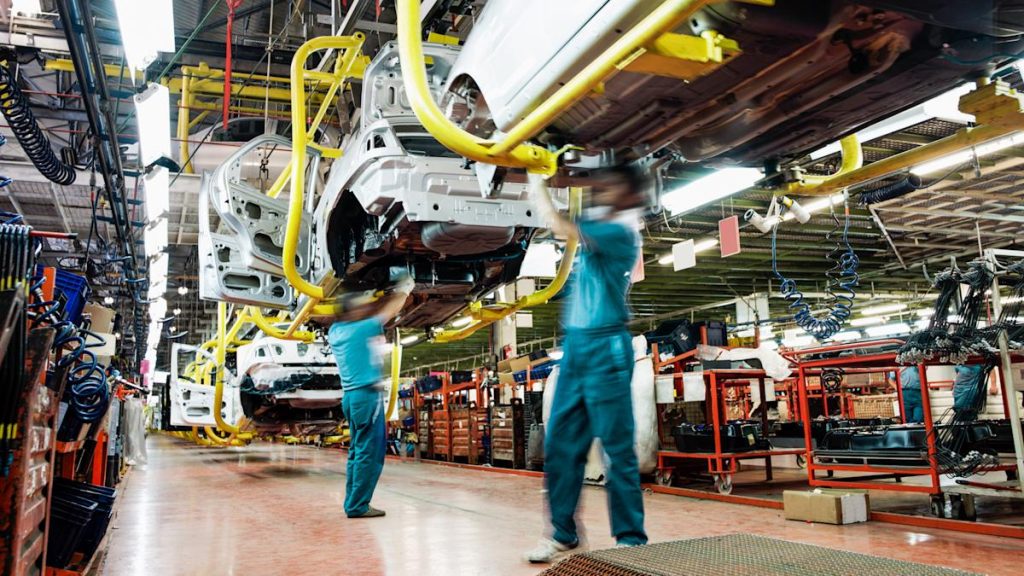
President Trump’s aggressive trade policies are escalating, and millions of American workers are finding themselves in increasingly vulnerable positions. That means entire industries are facing a lot of uncertainty right now, which also means that employment in those industries is at serious risk.
Here are 10 jobs that could take hits, depending on how all this plays out in the coming months.
Check Out: Trump Wants To Replace Income Taxes With Tariffs: 2 Impacts on the Middle Class
Read Next: The New Retirement Problem Boomers Are Facing
China and Canada are targeting U.S. agricultural exports directly, so farmers and agricultural workers might face particularly intense challenges. The ripple effects of 15% tariffs on agricultural products would impact an estimated 1.3 million American workers. This sector is a particularly vulnerable target for retaliatory measures, due to its heavy reliance on export markets.
Learn More: Mark Cuban: Trump’s Tariffs Will Affect This Class of People the Most
The automotive sector has been granted a temporary reprieve from immediate tariffs, but that doesn’t mean it’s not still on shaky ground. Threats of 25% tariffs on vehicle imports are still looming, so workers at car manufacturing plants and their suppliers are living in constant uncertainty. The complex international supply chains that characterize modern auto production make this industry especially susceptible to trade disruptions.
Manufacturing workers across various industries face mounting pressure as tariffs increase production costs. This includes steel workers, workers producing consumer goods and everything in between. Approximately 4.8 million positions could be affected. The combination of higher import costs for raw materials and retaliatory measures which target finished goods creates a double-edged sword for this sector.
Employees in the oil, gas and coal production industries have been targeted by Chinese tariffs on energy. There are approximately 600,000 workers in these fields. The impact will hit jobs at all levels in extraction, refinement and distribution roles. Rural communities that rely on mining jobs will be hit even harder.
Workers in semiconductor manufacturing and hardware production will face significant challenges. China’s restrictions on high-tech material exports threaten supply chains. This could also potentially affect research and development positions. Funding for startups and emerging tech companies might be impacted, as well.
